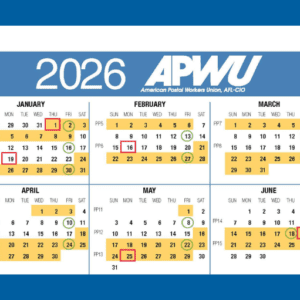May 4, 2022
Asthma and Seasonal Triggers
When you have asthma, it’s important to know what is happening in your airways, as well as common asthma symptoms. Understanding asthma symptoms can help you know what your triggers are, when you need quick-relief medicines, and when you are having a medical emergency. There are three changes in your airways when you have asthma:
- Swelling inside the airways
- Excess mucus clogs the airways
- Muscles tighten and squeeze around the airways
This swelling, clogging, and muscle tightening makes your airways smaller or narrower. This makes it harder for air to flow easily through your airways, and it becomes harder to breathe. This causes asthma symptoms, also known as an asthma episode, flare-up, or attack. It can happen at any time. Mild symptoms may only last a few minutes while more severe asthma symptoms can last hours or days.
Breathing becomes difficult and stressful, like trying to breathe through a straw stuffed with cotton.
Common signs and symptoms of asthma include:
- Shortness of breath
- Cough
- Chest tightness or pain
- Wheeze (a whistling sound when you breathe)
- Waking at night due to asthma symptoms
Not everyone with asthma has the same symptoms. You may only have one symptom, or you may have many symptoms.
In this article we will talk about a common asthma trigger – seasonal allergens.
For many people, certain seasons and asthma go together. Triggers, such as seasonal allergens, play a large role. In fact, seasonal asthma is often referred to as allergic asthma. If you have asthma, you may have noticed that it worsens during certain seasons. For some people, spring, summer, and fall may be particularly challenging times of the year. That’s because seasonal allergens may trigger asthmatic symptoms.
When you’re allergic to something, your immune system perceives the allergen as an invader, which must be attacked. In response to the allergen, your immune system produces immunoglobulin E (IgE). IgE is an antibody that triggers the release of histamine when allergens activate it. Histamine causes allergic symptoms such as:
- runny, itchy nose
- watery, itchy eyes
- sneezing
In people with asthma, this process may also impact their lungs and airways, causing asthmatic symptoms.
Common triggers of seasonal asthma include:
- Pollen – trees, grasses and weeds
- Mold and Mildew – both indoor and outdoor
- Cold Weather – can force you indoors where you’re more vulnerable to dust mites, cockroaches, pet dander and mold
- Hot Weather – both hot and dry or hot and humid
How can the APWU Health Plan help?
If you have seasonal asthma, your doctor can create a treatment plan geared towards prevention and treatment of allergic asthma attacks. The medications used may include a combination of over-the-counter (OTC) solutions, and prescribed drugs.
|
If you have the High Option or the Consumer Driven Option: |
|
|
In-network: 15% of the Plan allowance |
Call your doctor about seasonal asthma if you:
- need a rescue inhaler daily, or several times a week
- have a cough that won’t go away
- get dizzy, or feel lightheaded
- take medication that’s unable to control shortness of breath or wheezing
Seek urgent medical care if you:
- develop a blue color on your lips and fingernails
- can’t talk or walk at your normal pace without getting winded
- experience rapid breathing
- experience flaring nostrils upon inhalation
Sources: https://www.aafa.org, https://www.mayoclinic.org, https://www.healthline.com



